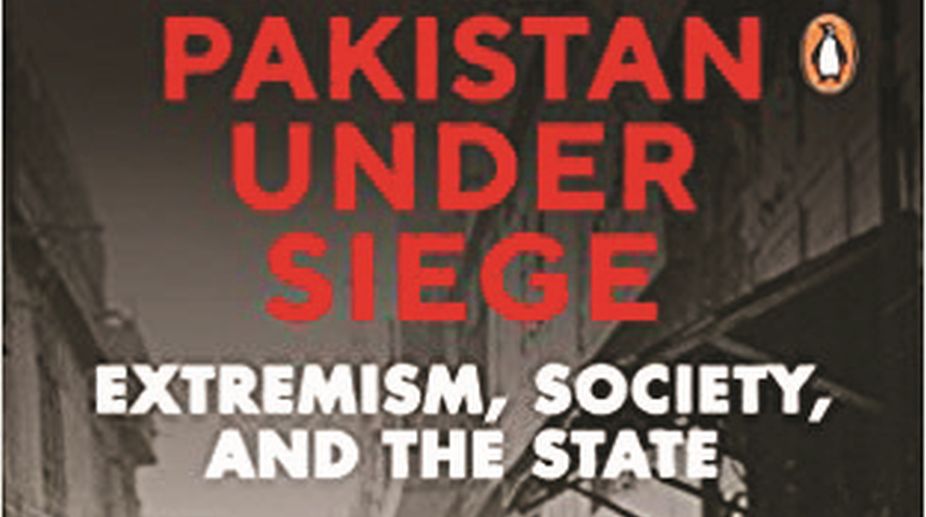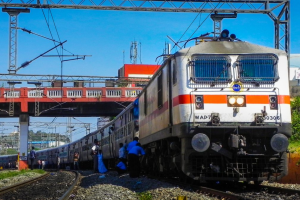Religious extremism and terrorism, across the globe, have become a highly disparaging phenomenon in recent times. Speaking of these destructive happenings, over the last 15 years, Pakistan has come to be defined exclusively in terms of its struggle with terror.
Violence and Islam extremism have taken centre-stage in Pakistan, claiming many lives. But the question that comes to one’s mind is, do we have nuanced understanding of the reason behind these ill-occurrences? Are ordinary Pakistanis extremists? And what explains what Pakistanis think?
Advertisement
Madiha Afzal, an author, writer and Ph D scholar, has brought to the fore her thorough research on Pakistan’s challenges in her latest book, Pakistan Under Siege ~ Extremism, Society, and the State. Published by Penguin India, this book lays out Pakistanis’ own views ~ on terrorist groups, jihad, religious minorities and non-Muslims, the US and their place in the world.
The views are not radical at first glance, but are riddled with conspiracy theories.
The author traces this outlook to Pakistan’s unique and tortured birth. She examines the rhetoric and the strategic actions of three actors in Pakistani politics ~ the military, the civilian governments and the Islamist parties ~ and their relationships with militant groups.
Afzal also attempts to show how regressive Pakistani laws, instituted in the 1980s, worsened citizen attitudes and led to vigilante and mob violence. The author explains that the educational regime has become a vital element in shaping citizens’ thinking.
How many years one attends school, whether the school is public, private or a madrassa, and what curricula are followed, all affect Pakistanis’ attitudes toward terrorism and the rest of the world.
The unambiguous narrative makes it an interesting read and the author takes the readers through rigorous analysis of survey data, in-depth interviews in schools and universities in Pakistan, historical narrative reporting and her own intuitive understanding of the country. She gives the full picture of Pakistan’s relationship with extremism.
She writes, “The book explains how the two pillars that define the Pakistani state ~ Islam and a paranoia about India ~ have led to a regressive form of Islamisation in Pakistan’s narratives, laws and curicula. These, in turn, have shaped its citizens’ attitudes.”
“In the West, Pakistan is characterised as a villainous, failing state that created a terrorism monster and does not do enough to fight it; it is, thus, blamed for the hazards its citizens face as well as the danger it poses to the rest of the world. Its citizens are thought to be irrational fundamentalists. This book takes issue with that characterisation. Its story is far more complex,” explains the author.











